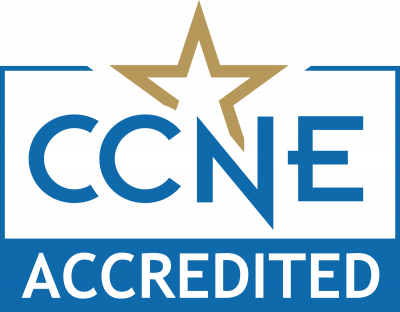Christine L. Glasz
MSN, RN
Clinical Instructor
Clinical Faculty
My career in nursing began as a staff nurse on a Surgical unit, followed by a position in the Float Pool. I worked as a Professional Development Specialist and transitioned to work in a Cancer Center where I still work in a per diem capacity as a Nurse Navigator and Radiation Oncology nurse. My love for teaching was reinforced early in my career in my role as preceptor to new nurses and inspired me to pursue a Masters in Nursing Education which led me to adjunct clinical faculty roles at UConn and Quinnipiac. Teaching the art and science of nursing to the next generation of nurses has been a privilege. In my role as full-time clinical faculty, I look forward to the next chapter in my career as I continue to pursue research, scholarship, and service opportunities.
Education
- MSN, Sacred Heart University
- BSN, Quinnipiac University
- BS in Biological Sciences, University of Connecticut
Honors & Awards
- National Society of Collegiate Scholars
- Sigma Theta Tau International Honor Society of Nursing

